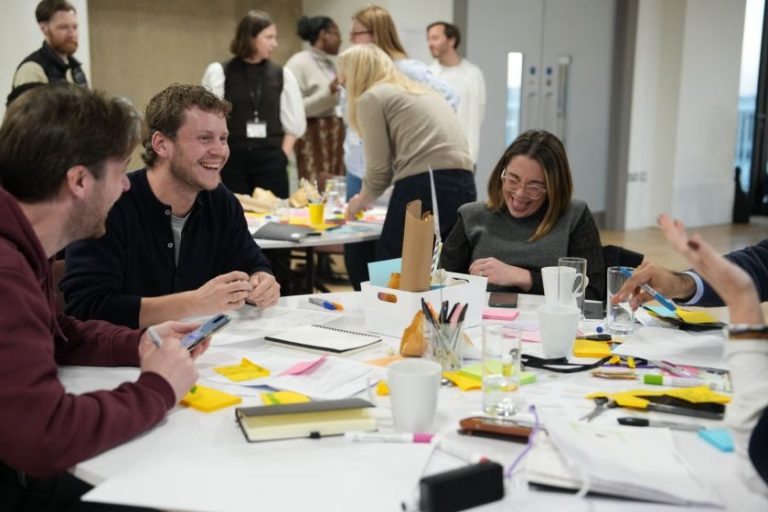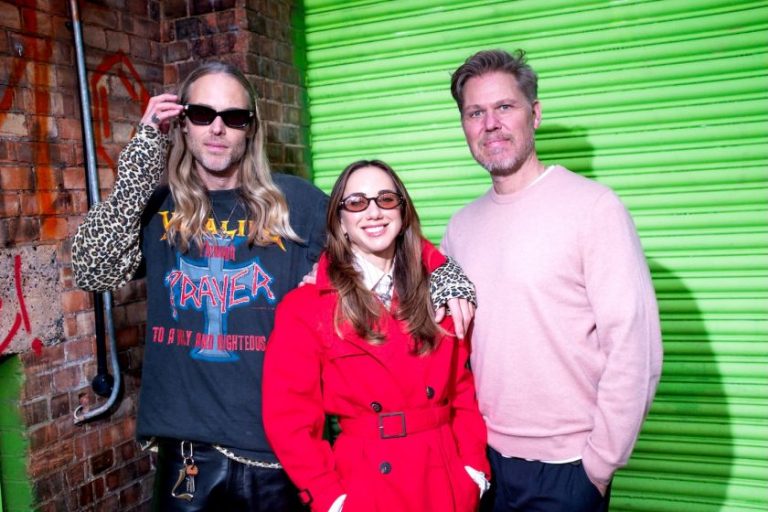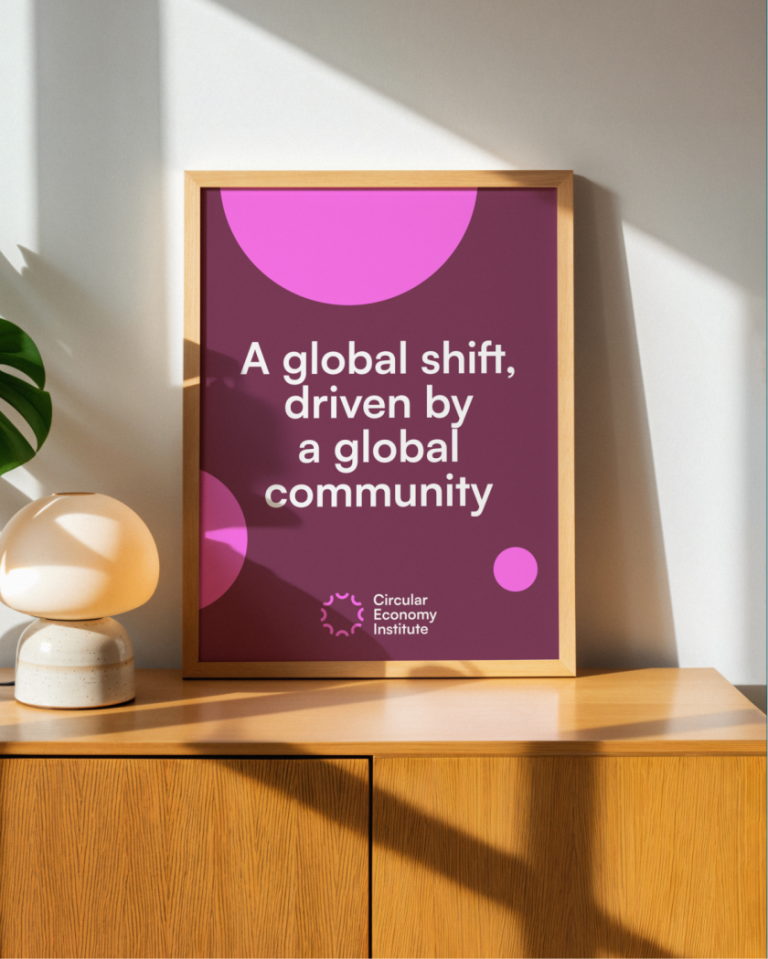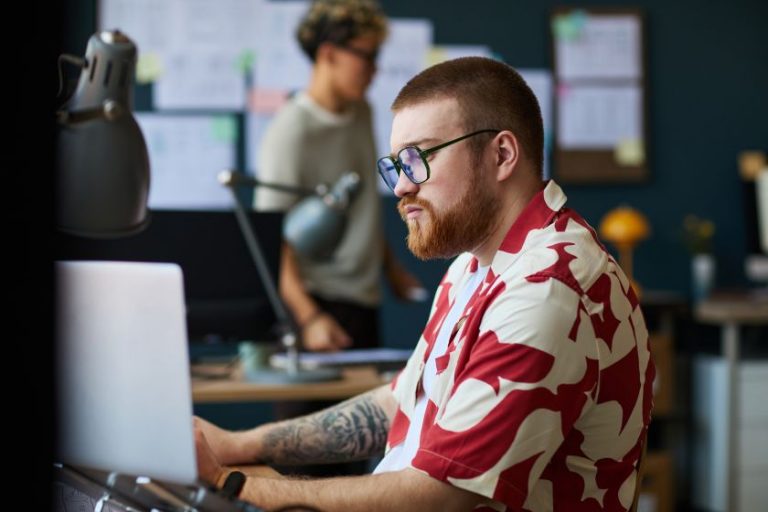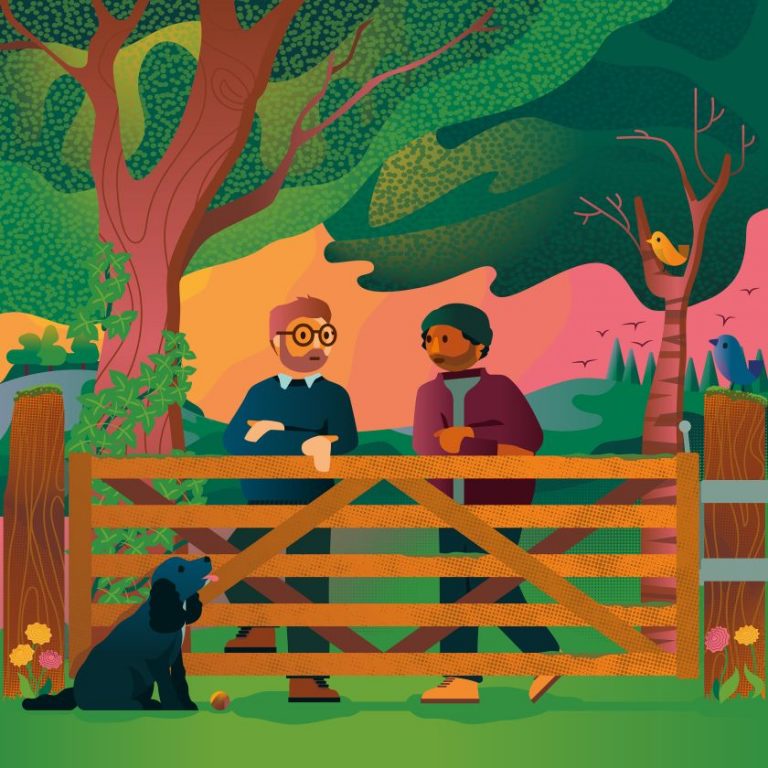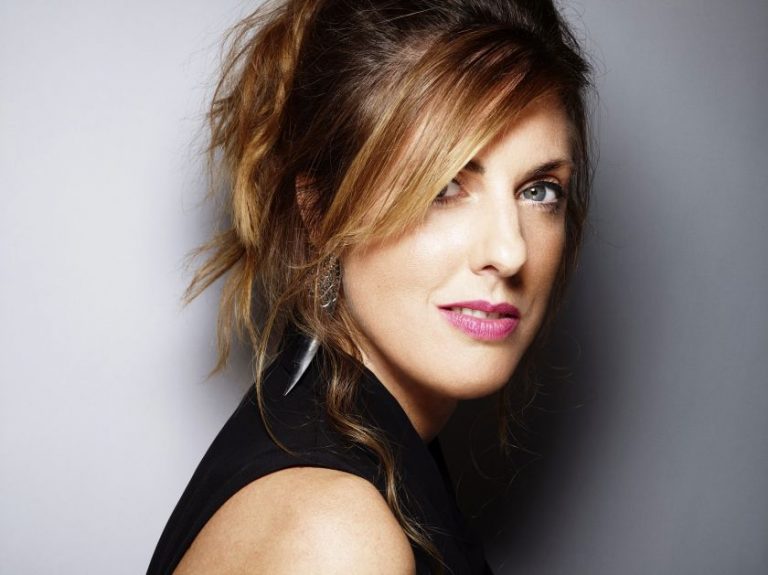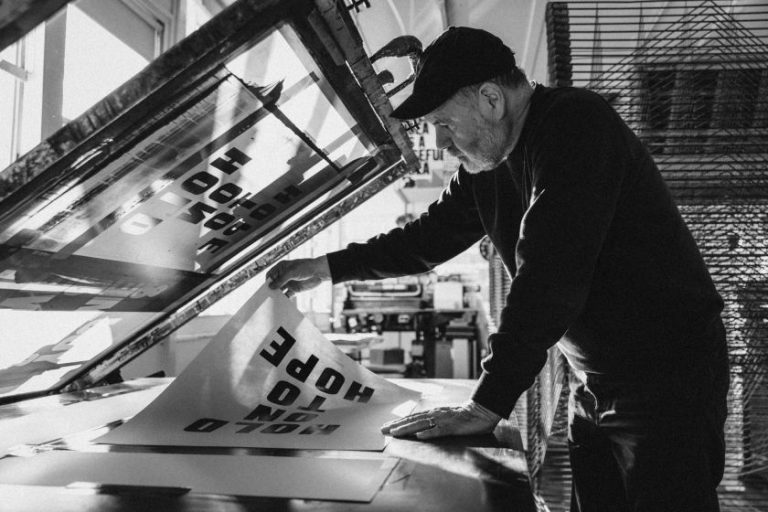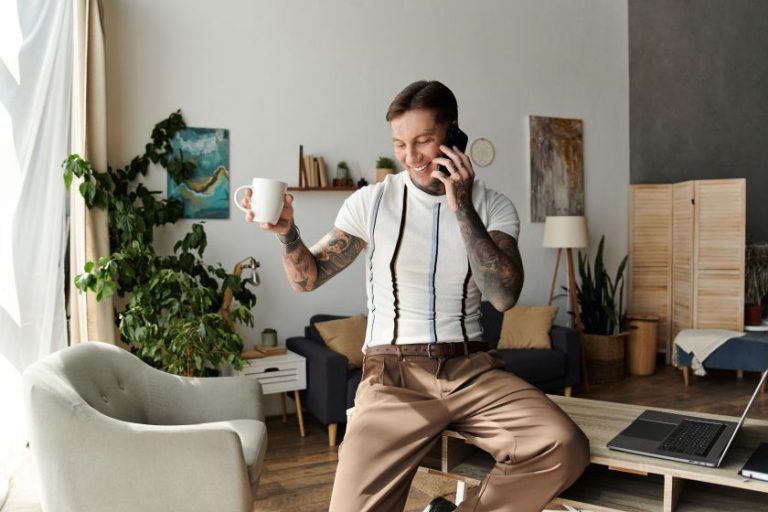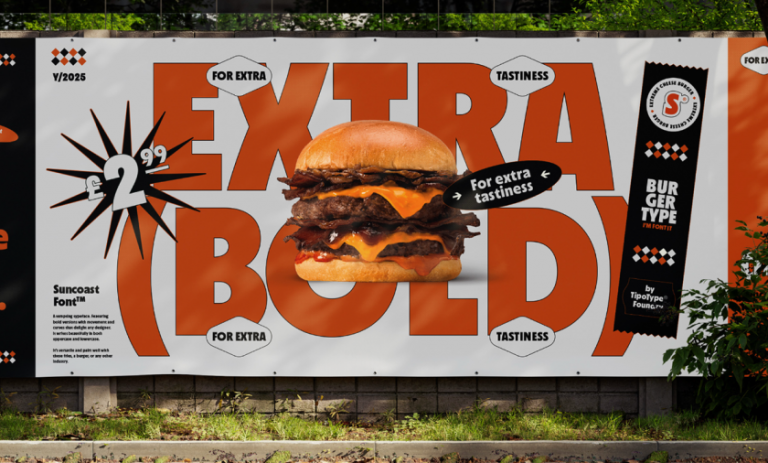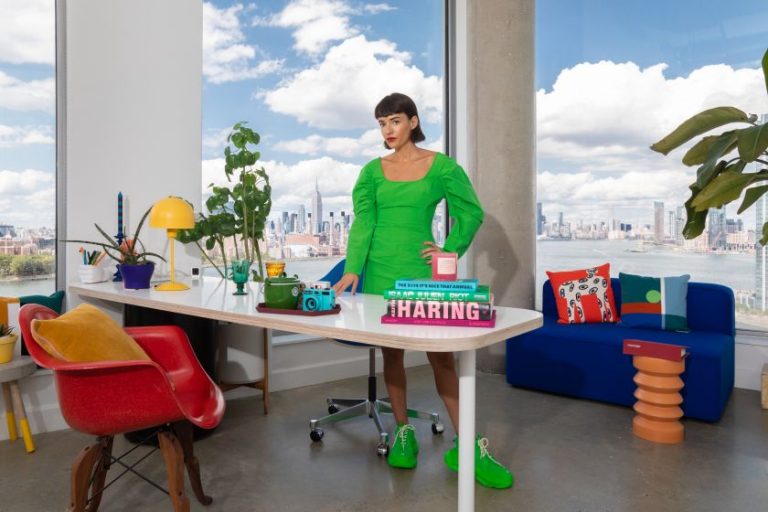Cannes Lions
Creative Boom was on the ground at Cannes Lions, where amid the noise and spectacle, The Neu Project quietly created something radical — a calming, neuro-inclusive space designed by and for neurodivergent creatives. Here’s why it mattered.
In a week known for rosé-fuelled rooftop panels and big brand bravado, The Neu Project offered something different: the first pop-up space centred around neuro-inclusion. A sensory sanctuary at the heart of Cannes Lions.
‘Calm on the Croisette’ was a self-funded activation, open daily on the eighth floor of Givsly, who partnered on the project.
The space was created by Megan Henshall, chief impact officer and Rachel Lowenstein, chief creative officer, both of whom are autistic and have struggled with burnout from attending networking events.
The space felt more like a spa than a typical Cannes venue — soft lighting, welcome silence, and blessed air conditioning after the relentless heat and crowds. A simple sign greets guests.
According to research by Understood.org, this kind of space is more vital than ever: nearly one in two people (48%) in the creative industry identify as neurodivergent.
While they bring unique strengths and value to business, they still face systemic challenges in conforming to “neurotypical” norms.
We Built This With Ourselves in Mind
Returning for her sixth visit to the festival, Rachel Lowenstein reflected on the inspiration behind the project: “Why do we prohibit some of our most creative thinkers from flourishing at these events?”.
With no alternative space available and unmet needs, she and Megan chose to self-fund the activation. “We built this with ourselves in mind – we needed this space”.
Inside, guests found thoughtfully designed “kits” — including visual stimulation toys, fans that could be decorated, and gentle activities that didn’t require a screen.
“A lot of the folks speaking on stage are neurodivergent,” Megan shared. “So we have stimming toys to help them prep and feel grounded.”
Emergency kits included noise-cancelling earphones, stimming tools, affirming stickers for water bottles, and a “social battery” pin to signal your energy level.
An Alt-Social Takeover
On the final Thursday of the festival, The Neu Project hosted an ‘Alt Social Happy Hour’, a low sensory alternative to the usual loud mixers. “This is the antithesis of every Cannes event I have ever been to”, said Rachel.
There were no flashing lights, no DJS and a carefully curated soundscape to help neurodivergent people flourish from a creative perspective.
Megan and Rachel, who both find eye contact challenging, also added a painting station as an option for those who want meaningful conversation without the pressure of eye contact.
Other mindfulness activities included local chocolate tasting, iced tea and herbal tea tasting and a counterpoint to the alcohol-fuelled norm.
‘Calm on the Croisette’, The Neu Project
More than a nice-to-have
Alicja Nocon, autistic coach and founder of Expand the Circle puts it: “Having access to a quieter, visually calming space in a busy event environment is a must for neurodivergent brains. While being exposed to new people and ideas is stimulating, we can easily get overstimulated by the high levels of noise and information to process.”
She points out that sensory setups have become common at UK music festivals, but professional events still lag behind. “I’d love to see more spaces to regroup and decompress in professional settings. They make knowledge-sharing events far more accessible and would generate more powerful ideas for very little extra cost.”
Neurodiversity on the Main Stage
On Monday, several programming strands focused on neurodiversity in celebration of Neurodiversity Pride Day.
Inside the main Palais, there were two keynotes on the topic, while agency Havas launched its ‘Beyond the Brief’ campaign, a global initiative focused on neurodivergent minds as the future of creativity.
Havas also hosted a panel at the Havas Cafe titled: ‘The New Creative Alchemy: Neurodivergent Minds and AI as Industry Catalysts’.
Rachel Lowenstein stressed the importance of listening. “Companies need to truly ask their employees what they need.”
Nathan Friedman, Co-President and Chief Marketing Officer, Understood.Org echoed this: “We’re seeing progress, but this isn’t going to change overnight. Our 2025 2025 Neurodiversity at Work Survey found 77% of all adults agree that neurodivergent employees feel pressure to “mask” or conform to neurotypical behaviours at work due to this stigma.
Even more worryingly, “(53%) agree that neurodiversity programs are mostly for optics.”
Friedman’s takeaway?
“If companies implement neuro-inclusive practices into their day-to-day culture, it’s a win for everyone: when people feel supported, their experience and work will flourish.”
The Neu Project’s pop-up may have been the quietest space on the Croisette — but it delivered the loudest message.
A few thoughtful, inexpensive changes can radically improve how a huge number of creatives experience major festivals and events.
The most inclusive spaces don’t shout. They listen.
Cannes Lions

